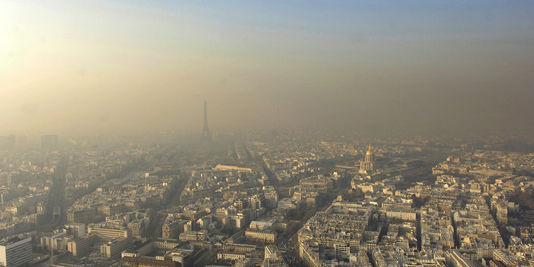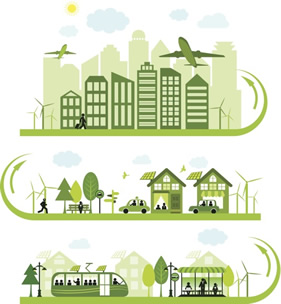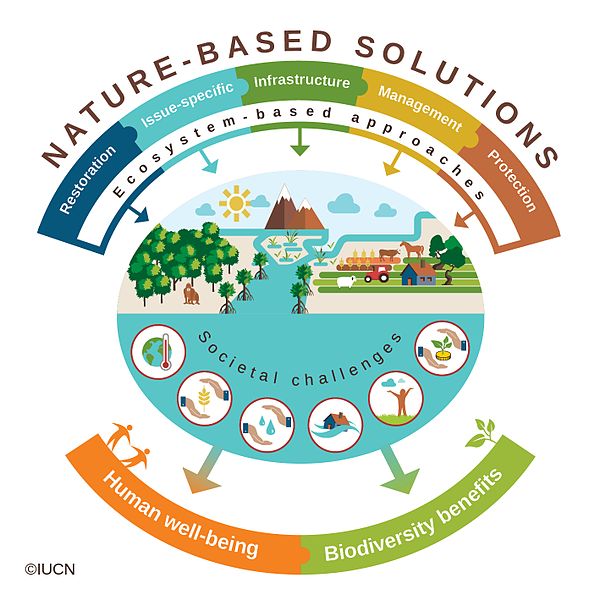About
Context


READ MORE ABOUT EU URBAN POLICIES
READ MORE ABOUT EU URBAN POLICIES

Proposals for urban development solutions focused on nature present in this context a relevant alternative. The green building, alternative techniques of water management, plant engineering and new management practices and maintenance of green spaces (differentiated management, urban valleys, shared gardens, ponds pollution…) are nature-based solutions that can significantly improve the resistance to climate change and significantly improve the quality of life while contributing to a functional economy.
READ MORE ABOUT NATURE-BASED SOLUTIONS

Problematic
Urban nature-based solutions offer many advantages

Environmental

Economic

Social
These solutions nevertheless face with several problems

Feedback
The limited experience feedback of contracting authorities and local authorities makes the choice of the good practice to adopt difficult.

Maintenance
The necessity of regular maintenance leads to a fear of additional operating and management costs for communities.

Doubts
The utility and purpose of these green facilities is not always well perceived, because of traditional believes as well the legacy of hygienism.
The Progress Project
What
In order to:
- Increase knowledge of alternative management techniques
- Fostering their development
- Have proofs for ROI in maintenance
…
We want to share and transmit experiments, methodologies and know-how on the implementation of alternative and sustainable management solutions of urban green spaces in different contexts (populations, uses, climate,cultures, representations, national, law, politics…)
How
One of the levers considered in the Progress project is then to engage professionals and stakeholders of the urban environment and green spaces by bringing them together and giving them experiences feedbacks, knowledges, methods and know-how about the implementation of alternative and sustainable management solutions in different cities and countries with different contexts and problematics (population, climate, politics, cultures,…)
The Target
Professionals and actors of the environment and the green and natural spaces in urban areas
Entrepreneurs of the green areas, managers, engineers of the water and the plant, Educators, trainers, integration professionals, sociologists, Architects, town planners, Environmental associations, academics, experts in urban ecology, students…
An European Project
The Progress Project involves 4 partners from 4 european cities. Each of the four European partners involved in the project brings its specificity by organizing a training program in its city.
The project takes place over two years and provides for 5 activities in 4 European cities.
Montpellier – Barcelona – Brussels – Copenhaguen
Erasmus+ Strategic Partnership
The Progress Project is a European partnership project wich falls within the framework of the Erasmus+ program : “Strategic Partnerships for Cooperation and Exchange of Good Practices”.
Objectives
Contribute
Strenghten
Control
Encourage
Promote
employment and social integration in green spaces areas;
Create

This project has been founded by the EU Commission under the Erasmus+ program
This website is the sole responsibility of the author and the Commission is not responsible for any use that may be made of the information contained therein.

